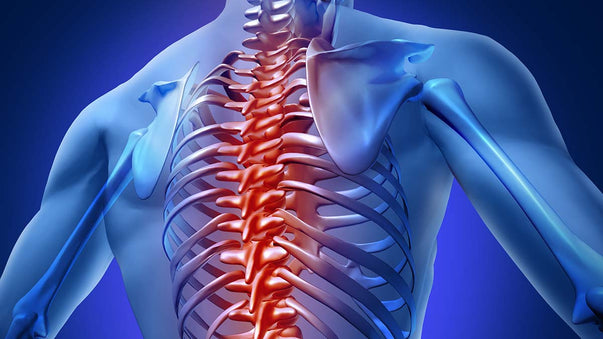The Levine Clock Beats First-Generation Aging Clocks

“An epigenetic biomarker of aging for lifespan and healthspan” is a 2018 paper published in Aging. Its authors are Morgan Levine and collaborators, including Steve Horvath, the developer of the Horvath aging clock.
The paper proposes a new biomarker of aging that enables prediction of several aging-related outcomes. Predicted outcomes include all-cause mortality, cancers, healthspan, physical functioning, and Alzheimer's disease. This biomarker is known as the PhenoAge Clock, or the Levine Clock.
Essentially, everyone has two ages. CNN explains that we have a chronological age, which is how old the calendar says you are. And we have a phenotypic or biological age, which is basically the age at which your body functions, compared to average fitness or health levels.
"People of the same chronological age aren't all at the same risk for developing cardiovascular disease or cancer or even dying," said Levine as reported by CNN. "What [the biological age] does is actually give us a better idea of where someone stands for their age."
"In my lab, we work on a lot of different types of aging measures," Levine continued. "One of the most recent ones is based on blood measures you get at your normal doctor's appointment. We basically take those and combine them using different algorithms to get what we call someone's phenotypic age or biological age."
Levine and her team identified nine biomarkers taken in a simple blood test that seemed to be the most influential on lifespan, explains CNN. The biomarkers include blood sugar, kidney and liver measures, and immune and inflammatory measures.
While PhenoAge was developed using data from whole blood, it correlates strongly with age in every tissue and cell tested. It is able to capture risks for an array of diverse outcomes across multiple tissues and cells, and provide insight into important aspects of aging. Levine and her team found that increased PhenoAge “is associated with increased activation of pro-inflammatory and interferon pathways, and decreased activation of transcriptional/translational machinery, DNA damage response, and mitochondrial signatures.”
A recent review article was published by the Simons Foundation. It notes that the Levine Clock, and other “second-generation” clocks, appear to better represent biological age than the first-generation clocks. These second-generation clocks may enable more informative studies that aim to understand aging in order to slow or prevent its effects.
And this -- to slow down or prevent the effects of aging -- is the goal. "I think the most exciting thing about this research is that these things aren't set in stone," said Levine as reported by CNN. "We actually know a lot about how to change some of these markers.”
By delaying the onset of diseases and physical and mental problems related to aging, "people can still be engaged in society," Levine concluded. "I think that is the ideal we should be striving for."
More Articles
Read more articles at Thrivous, the human enhancement company. You can browse recent articles in Thrivous Views. See other Aging Clock articles. Or check out an article below.
-
Controlled Molecular Motion for Spinal Cord Repair
Northwestern University researchers have developed a new injectable therapy that harnesses "dancing molecules" to reverse paralysis and repair tissue after ...
-
Antiviral Pills for COVID-19 Show Encouraging Results
Pfizer announced that its COVID-19 oral antiviral candidate, Paxlovid, significantly reduced hospitalization and death. This was based on an interim ...


